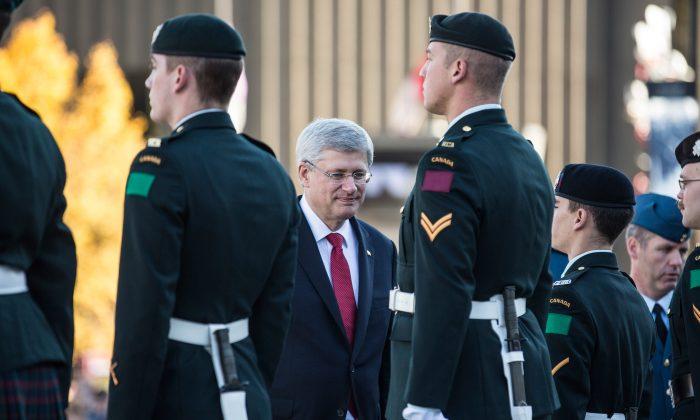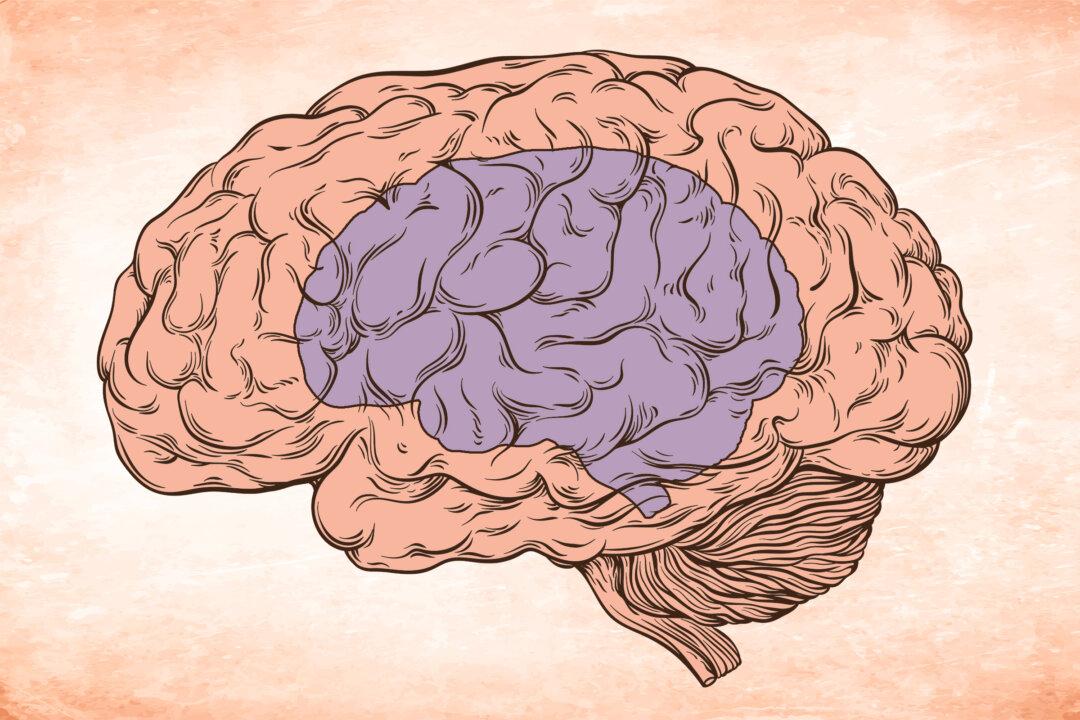OTTAWA, Canada—Two men espousing extremist views killed Canadian soldiers in two separate incidents, but were they terrorists?
It is a question at the heart of the debate about how Canada will deal with the devastating events of last week that saw two Canadian soldiers killed.
In the first attack, Martin Couture-Rouleau used his car to run down and kill warrant officer Patrice Vincent in Quebec on Oct. 20. Two days later, Michael Zehaf-Bibeau shot Cpl. Nathan Cirillo at Canada’s National War Memorial before storming Parliament and being killed by security forces.
Both attackers espoused extremist views, went after Canadian forces personnel, and acted just weeks after the Islamic State of Iraq and the Levant (ISIL) issued a call for its supporters to kill any non-Muslim or “disbelievers” in Canada.
“Do not ask for anyone’s advice and do not seek anyone’s verdict. Kill the disbeliever whether he is civilian or military,” said ISIL spokesman Abu Muhammad Al-Adnani in a recording posted online.
Organized Terrorism?
While the attackers seem to be motivated by extremist views like these, there is nothing police have disclosed to suggest ISIL directed the attacks.
When Prime Minister Stephen Harper referred to the two events as terrorist attacks, he faced immediate criticism from the left, including the official opposition party, the New Democratic Party (NDP).
NDP leader, Thomas Mulcair, on Wednesday challenged, “The prime minister understands, as do Canadians, the fundamental difference between the horrific acts of a profoundly disturbed individual and organized terror.”
The prime minister countered there was “no contradiction to individuals who may have a series of personal, financial, and mental difficulties and also be engaged in terrorist jihadist activities as, indeed, the police have already said.”
The Remedy
Depending on what side of that divide individuals and organizations in Canada fall on there is a spectrum of appropriate ways to respond to last week’s killings.
Those range from poverty alleviation and funding for mental health to increased surveillance and lower thresholds for police to get a peace bond placed on an individual. Peace bonds can be used on someone who has not been charged but has had a complaint filed against him or her, and it can restrict that person from having weapons or getting near certain people or places for a maximum of a year.
That last antidote is the hope of Canada’s top cop, Royal Mounted Police Commissioner Bob Paulson.
He told a Senate committee on Monday that he hoped laws would be changed to make it easier for police to get peace bonds, which can lead to serious consequences if broken.
Harper’s government has also lined up its own response and is using the events last week to increase security. It had already drafted a bill to increase the powers of Canada’s domestic intelligence agency, the Canadian Security Intelligence Service (CSIS).
The government has also been trying to pass a bill that gives police warrantless access to Internet subscriber data and gives telecom companies immunity from lawsuits from clients if they comply.
The government ran into a public backlash over attempts to pass similar measures in the past and let the legislation die.

Reaction
Mulcair and other critics of the government worry that civil liberties could be sacrificed for security if the government has its way.
On Wednesday, Canada’s privacy and information commissioners, two officers of Parliament that act as watchdogs guarding the public’s privacy and their access to information, issued a joint statement raising concerns about government-proposed measures.
They want the government to use a transparent and evidence-based approach in developing any legislation that would give intelligence and law enforcement agencies additional powers. They also want that process opened to feedback from the public, and any additional powers given to intelligence or law enforcement agencies to be matched with effective oversight.
The government hasn’t responded to those requests as of yet, nor has it indicated how or if it would incorporate the concerns of the NDP or others about basic rights and freedoms, though the prime minister has pledged to respect both.







Friends Read Free